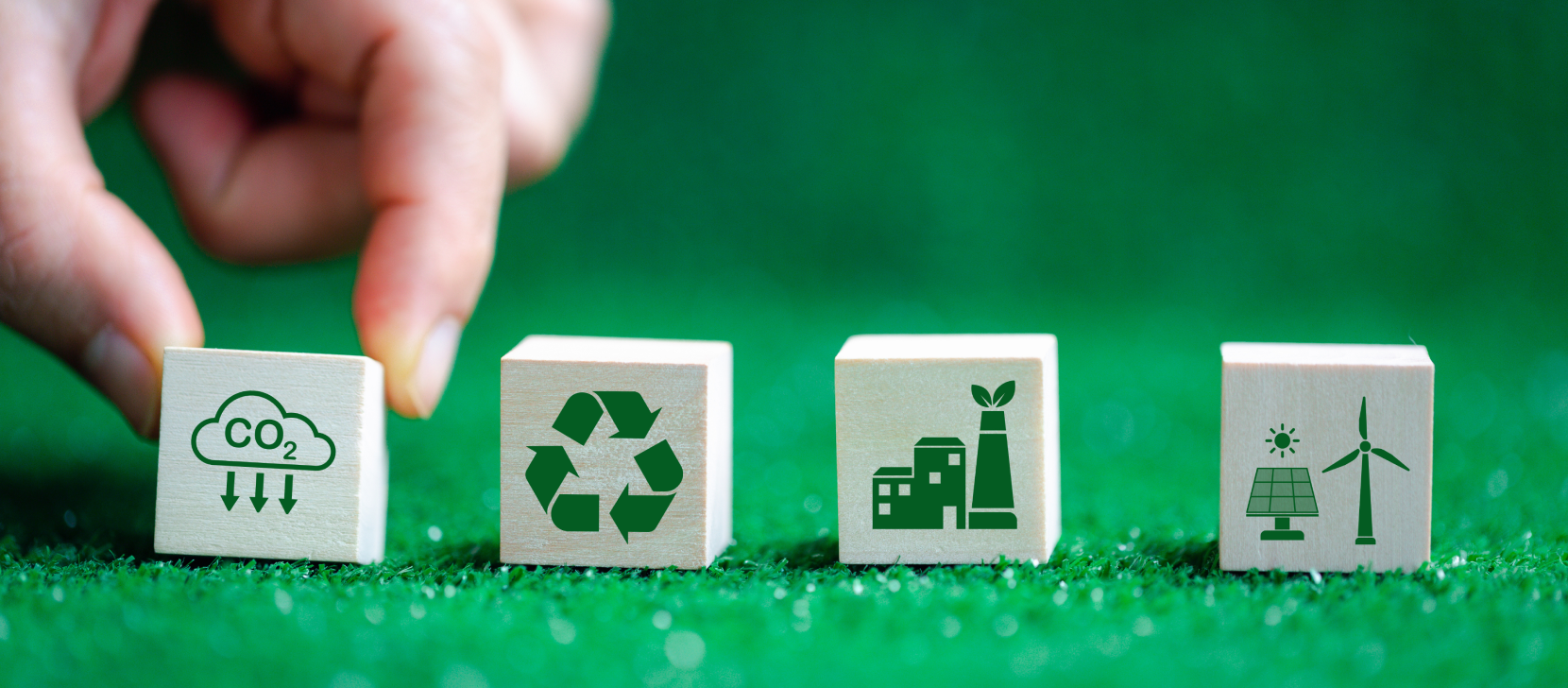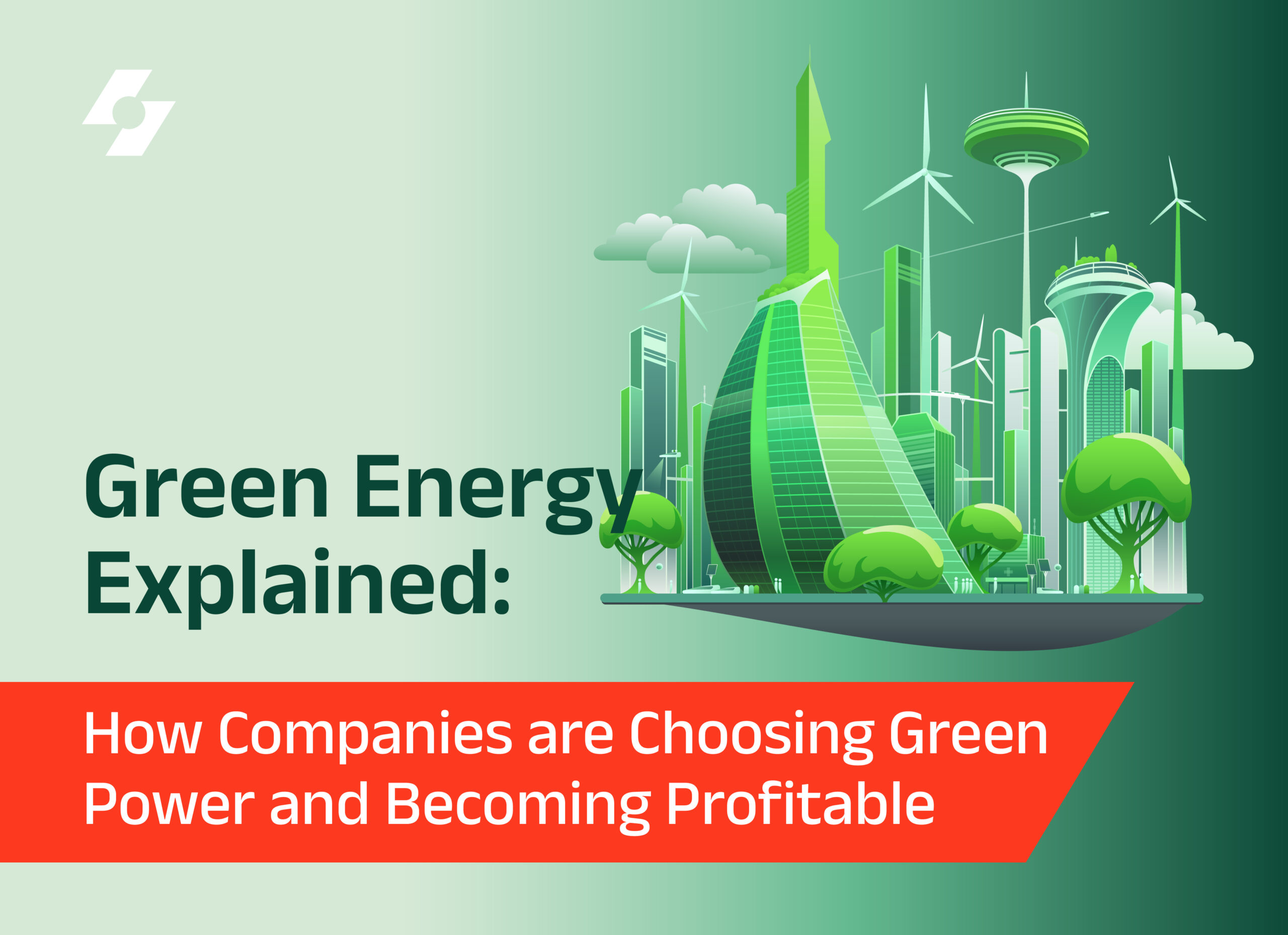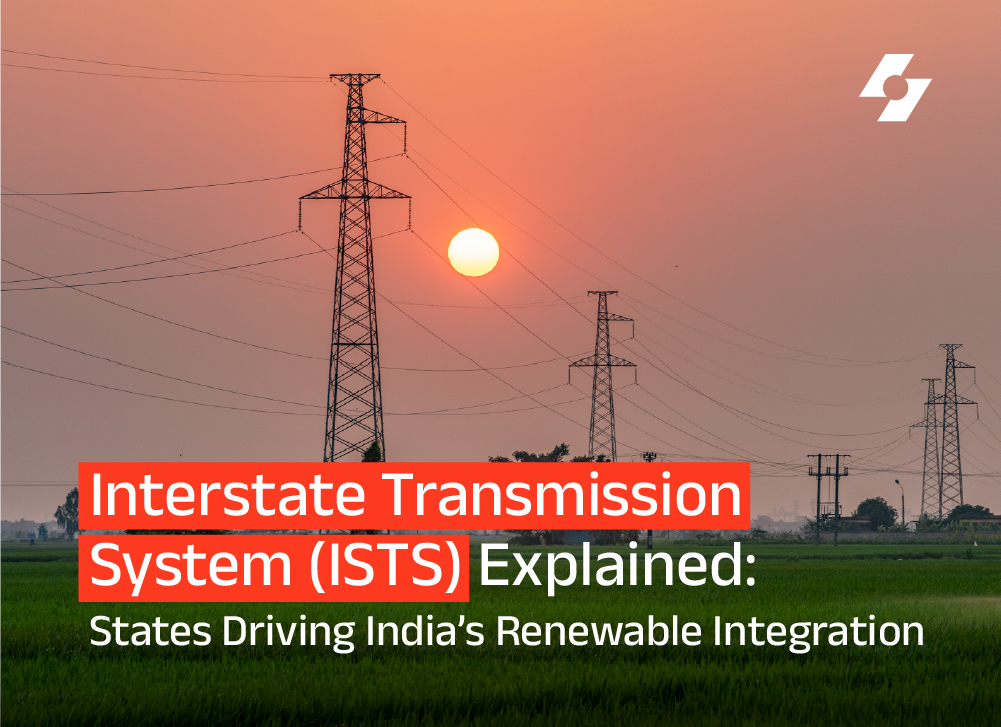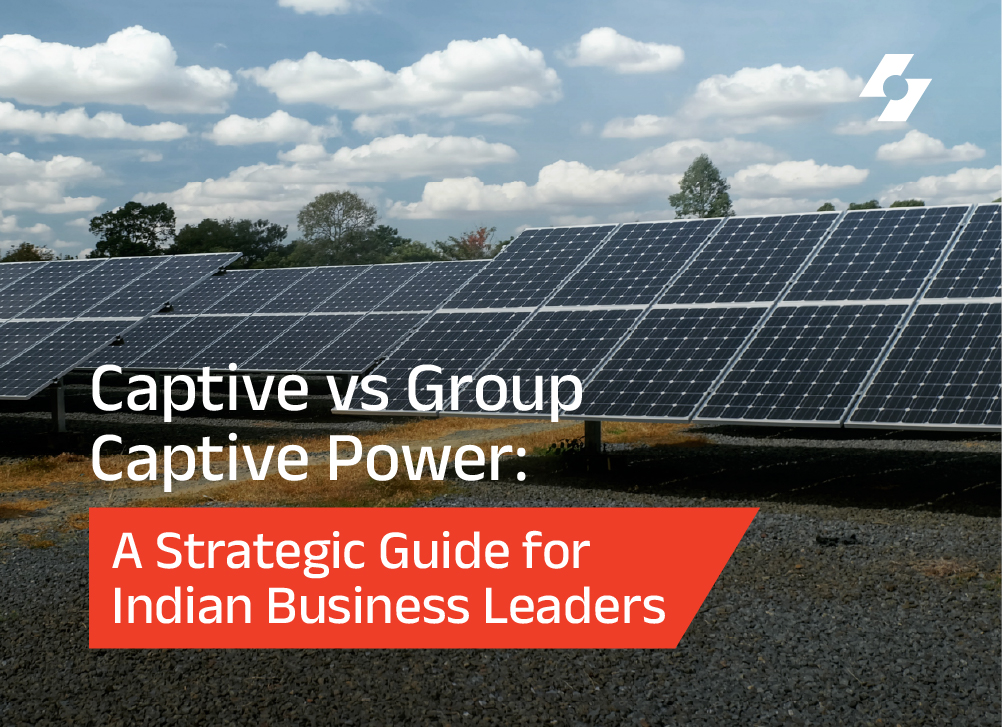India, the world’s largest democracy and most populous nation, is rapidly advancing on the path to sustainability. As India strives to balance its developmental goals with environmental responsibility, it is growing its influence on the global stage by taking transformative steps towards a greener future.
Statistics say that carbon dioxide emissions are expected to rise to 5% in the coming years in India alone. As of 2024, India’s CO2 emissions are projected to reach 5.1 billion tons by 2030, a major chunk of which comes from the commercial and industrial sector in India.
Businesses are finding it hard to mitigate their direct emissions and that is where carbon credits in India and carbon trading are emerging as powerful tools. They enable businesses to offset their emissions while supporting carbon emissions mitigation projects. Let’s start with understanding what is a carbon credit and how the Indian government is encouraging them along with how they can help your business. The blog will also dive into carbon credit market, carbon trading, Carbon Credit Trading Scheme, CCTS, Carbon Credit Certificates, Carbon Capture and Storage, Voluntary carbon market.
What is a Carbon Credit?
Carbon credits, also known as carbon offset credits or carbon allowances, is a tradable virtual certificate that represents the reduction of one metric ton of carbon dioxide (CO2) or its equivalent greenhouse gases from the atmosphere. Businesses or individuals can generate carbon credits in India via carbon credit market through initiatives like renewable energy credits, afforestation, cookstove projects or improved waste management practices. These carbon credits can be sold to other organizations that might require them to meet their legal or other emission offset requirements, called as carbon trading. This will lead to the development of a new market including industries aimed at cutting down carbon emissions.
The concept of what is a carbon credit (or what a carbon credit is) was first introduced through the Kyoto Protocol in 1997. The global framework under this particular protocol was to reduce greenhouse gas emissions. Since then, the entire framework has developed into quite a few national and regional carbon markets, including voluntary carbon markets. The European Union Emission Trading Scheme (EU ETS) is one of the active, well-established carbon markets across the world.
Understanding the Concept of Carbon Credits in India
India has a strong carbon credit market and has been actively participating in carbon trading through two strategies: regulated carbon market and voluntary carbon market. The approach of carbon trading includes:
- Compliance Carbon Trading Scheme (CCTS) – In July 2024, the Indian Government has adopted the detailed regulations for the planned compliance carbon market under the Carbon Credit Trading Scheme (CCTS). The Indian Government is also set to put in carbon emission reduction targets and mandates for fossil fuel dependent sectors which are expected to be implemented in 2025-26. This move will further boost Indian companies trying to offset their carbon emissions through Indian CCTS market.
- Voluntary Carbon Market: The Voluntary Carbon Market allows businesses to compensate for their carbon emissions by investing in projects that reduce or remove carbon dioxide from the atmosphere. These projects, certified through recognized standards, generate Carbon Credit Certificates (CCCs). Each certificate represents a measurable reduction of carbon emissions and can be traded, enabling companies to contribute to environmental sustainability while offsetting their carbon footprint.
Types of Carbon Credits Projects
There are several types of projects which generate carbon credits and are sold in the open market, also the carbon credit market, by companies who undertake these projects. These projects can range from renewable energy projects to afforestation projects to methane capture. Here’s a list of different types of projects that generate carbon credits:
Renewable Energy Projects: Renewable energy projects, such as solar plants and wind parks, along with hydroelectric power plants replacing traditional fossil-fuel-based energy.
Afforestation and Reforestation Projects: Planting new forests or restoring degraded ones helps absorb carbon dioxide from the atmosphere, earning carbon credits against current emissions.
Energy Efficiency Projects: Improving industrial operations, changing building insulation, and introducing energy-efficient appliances consume less energy and put less carbon into the atmosphere. In this manner, they create carbon credits.
Waste Management: Methane from landfills captured or industrial wastewater treated stops potent greenhouse gasses like methane from being released into the atmosphere and earns carbon credits.
Carbon Capture and Storage (CCS): These technologies capture the carbon dioxide emitted from industrial processes and store it underground securely, ultimately saving emissions with an associated price in carbon credits.
Key Government Bodies Overseeing Carbon Credits in India
- The Bureau of Energy Efficiency (BEE): The BEE is tasked with administering the CCTS, setting emission reduction targets for obligated entities, and ensuring transparent credit trading.
- National Steering Committee for the Indian Carbon Market: This committee is also responsible for defining the general structure of the carbon market, including the criteria of project recognition and the verification procedures.
- Carbon Registries: Currently, the Network for Certification and Conservation of Forests (NCCF) is an Indian body that independently certifies carbon credits for compliant projects containing adequate environmental and social standard mechanisms.
Exploring the Benefits of Carbon Credits and Carbon Reduction Projects for Businesses in India
Since we’ve established what is carbon credit – let’s dive deeper into the benefits of carbon credits in India:
- Compliance: Carbon credits in India enable companies under the Carbon Cap-and-Trade System (CCTS) to reduce their emissions and meet the emission limits laid down or risk being penalized.
- Cost Savings: By choosing carbon reduction projects, many businesses can cut down on their levels of energy use and waste production, cutting costs considerably in the long run.
- Enhanced Brand Image: By proving its concern towards sustainability with the help of carbon offsetting, the business improves its brand image and gains potential customers and investors.
- Access to New Opportunities: By participating in the carbon credit market or achieving sustainability certifications, businesses can unlock opportunities to collaborate with like-minded partners, access new markets, and build stronger, sustainable business relationships.
How to Procure Carbon Credits for Your Business?
Here’s a step-by-step approach to incorporating carbon credits into your business strategy:
Assess Your Carbon Footprint: The initial process is the carbon literacy audit, which involves determining your business’s current carbon footprint. This entails examining the use of energy, the generation of waste, and the movement of products and services.
Identify Reduction Strategies: You have to come up with a strategy to lower your carbon footprint. It can be done by changing sources of energy to renewable energy sources, using efficient appliances in energy use, or even managing wastes in a sustainable manner.
Explore Carbon Offset Projects: Based on your requirement and suitability, the relevant type of carbon credit project can be chosen.
Calculate Your Offset Needs: Depending on your company’s outreach and your plan for reduction in emissions, decide how many carbon credits you should buy for the required level of offsetting.
How to start with the carbon credit offset for your business?
The market for carbon credits in India also presents an opportunity to build a more sustainable business environment while generating real economic profits. If you are a business that need to invest in carbon credits to offset their emissions in India, we are there to help you with the process. At Sunsure Energy, we can help you transition to green power while earning Renewable Energy Certificates (RECs) for the power you consume. We help you achieve 100% offset of your energy related emissions with a mix of green power solutions and green attributes.
Our solutions go beyond just power generation:
Harness Clean Power: With Sunsure, you can offset over 70% of your power consumption with renewable sources like solar, wind, and battery storage.
Fixed-Cost Stability: You can secure predictable energy costs for up to 25 years with fixed-tariff PPAs.
Zero Upfront Investment: With our renewable energy solutions, you can enjoy a seamless transition without capital expenditure on renewable infrastructure.
Complete Decarbonisation: You can go beyond PPAs. We help you procure Renewable Energy Certificates (RECs) and access other Green Attributes to achieve complete decarbonisation and meet your Environmental, Social, and Governance (ESG) goals.
India’s carbon credit market is gaining momentum, backed by stronger policies, clearer regulations, and growing industry participation. With the Carbon Credit Trading Scheme (CCTS) now in place and a national carbon registry taking shape, the foundation for a structured carbon market is becoming more robust. As businesses align with India’s Net Zero by 2070 goal, carbon trading is set to play a pivotal role in balancing economic growth with environmental responsibility. The coming years will be crucial in shaping a market that drives meaningful climate action.
Subscribe to our newsletter




